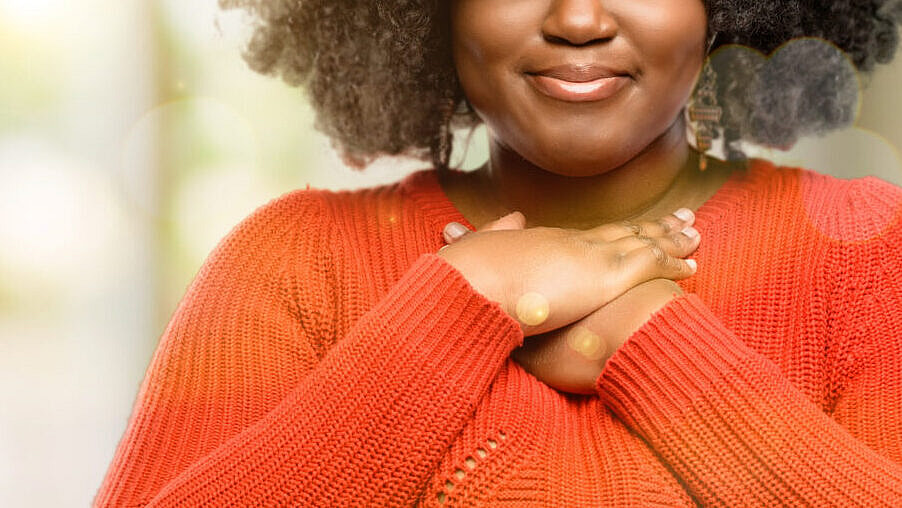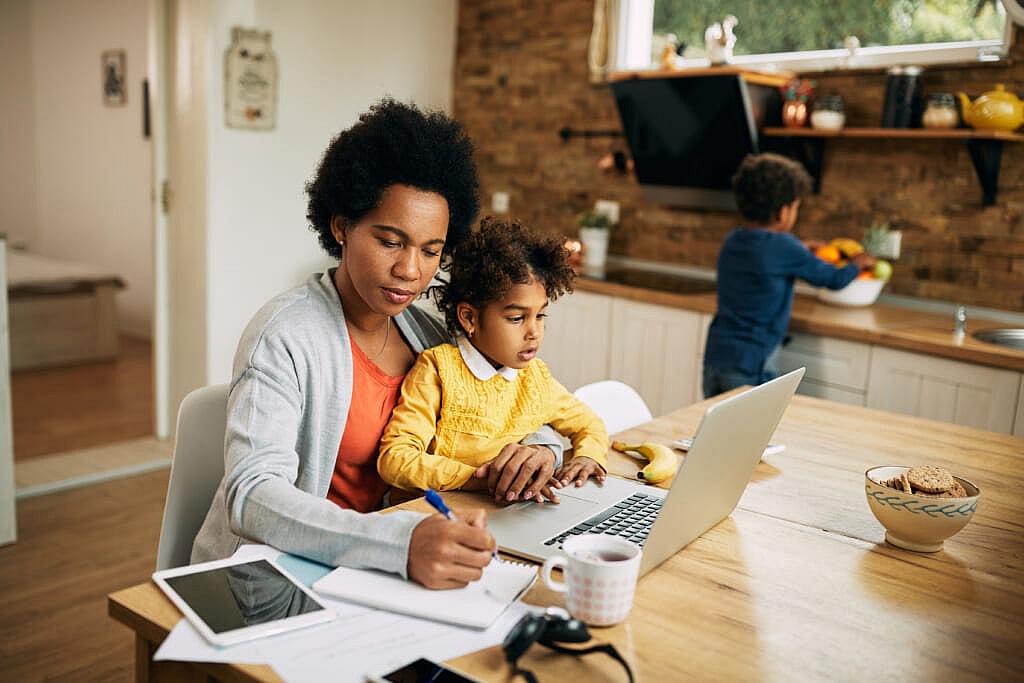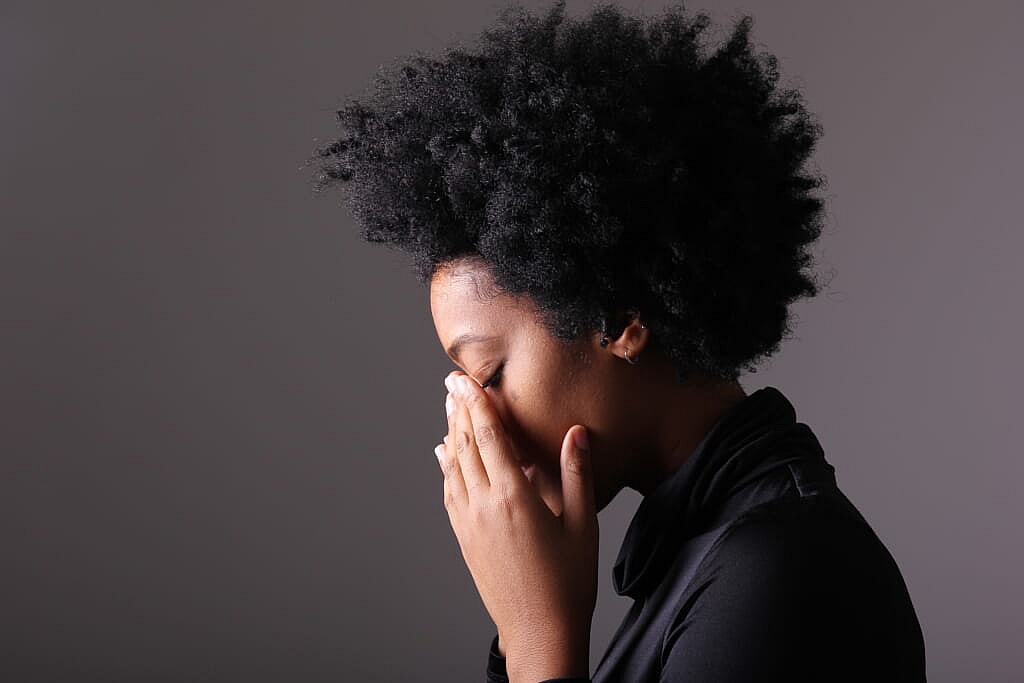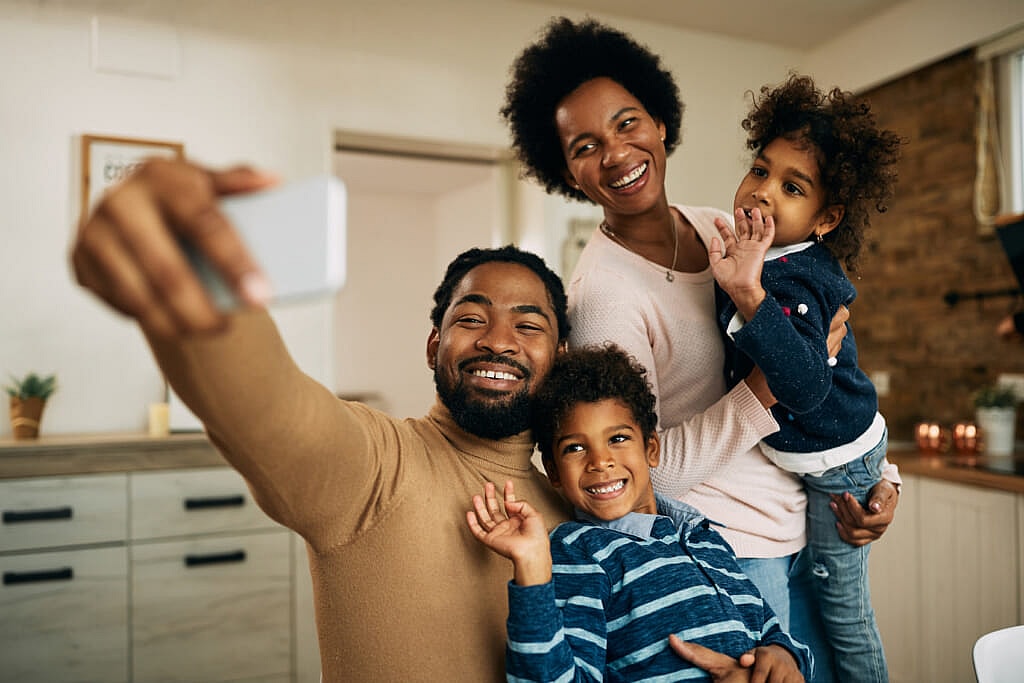I have a year to find love.
In fact, as I was picking through the post-Valentine’s Day candy sale at Walgreens in hopes of finding a heart-shaped container of Nestle Turtles and a big bag of Sour Punch straws no doubt intended for elementary school kids who have yet to feel love’s sting, I realized I actually no longer have a year. I’m now down to ten months.
“Friend, I’m giving you a year.”
That’s what my new gynecologist said to me in December 2021, days before my 40th birthday. She didn’t know me well, but she knew too many women like me. Here I was, in the middle of my annual exam, confessing to a woman I’d just met five minutes prior that I wanted a baby—and I wanted to experience parenthood in the context of a family.

“If you want love, then fine, but if you’re not pregnant by this time next year, we’re going to the sperm clinic,” she declared.
“What about freezing my eggs?” I asked her.
“You’re going to be 40 on Saturday and you want a baby yesterday,” she responded. “What are we freezing for?”
I knew what she meant. I’d read the studies that suggested I was already three years past prime egg-freezing age. And she was right. I wanted a baby yesterday. Last week. Last year. Ten years ago.
I got dressed, promised her I’d treat myself to a birthday massage, and walked out into the world knowing my countdown had begun.
I know that wasn’t the first time my gynecologist had to have “the talk” with one of her patients. With more than half of American Black women living single and a significant portion of that group destined to be one of the 4.25 million Black families led by a single mother, it couldn’t be. And with more attention being paid to Black women’s fertility issues (shout out to the documentary Eggs Over Easy), I know I’m not alone in my concern over a ticking clock.

There will be those who say “just do it—go have a baby,” like you can run down to the mall and pick one up on your way home from work. And we know they mean well. They’re also speaking truth; there are a growing number of Black women who are pursuing solo parenting either through insemination or adoption. While research lags in providing us with the numbers, some evidence lies in the growing number of communities created to support Black women actively choosing to parent alone.
I’d already been doing so myself. In 2020, I became one of an estimated 19% of African American women heading to sperm banks to pursue solo parenting. Like so many others, the ultimate impact of the pandemic led me to one conclusion: I wanted to be a mom and I wasn’t willing to wait anymore.
Sealing the deal, I then told everybody—it’s kind of what I do. I even took part in a conversation with Essence magazine about the hard choices surrounding Black women who want children. Then, as I embarked on the process of doctor visits, invasive tests, and sperm selection, something happened.
I met a guy. A guy who could easily become the guy. A guy I thought was the guy. I would look at him and surmise that his calm and stoicism would be the perfect complement to my high levels of sensitivity when it came to parenting—and I wanted to see him parent. In the same ways I longed for growing up, I wanted to know what it would look like to closely watch a Black man raise his kids, and to partner with him in that effort.
Spoiler alert: he wasn’t the guy. After months of an off-and-on romance, I found myself both heartbroken and resolute: I want a baby and I want love.
Yes, I can do it by myself. I know that. I know the stereotype that Black children remain at a disadvantage simply because they’re raised by a single parent is a myth. I know that children raised in single-parent households can be just as—if not more so—healthy and well-adjusted as kids in two-parent homes. Still, the reality that solo parenting might be my only entry point into motherhood stings.

They told us to stay focused and get our education. We did that. They told us to get good jobs and become productive members of society. We did that. They told us to keep God first and love our people. We did that. Then, when we aren’t married and in the third trimester of our second pregnancy by the time we’re 35, they ask what’s wrong with us.
There are many of us who are the product of amazing single-parent households. We know what it’s like to have our dreams nurtured and to be cared for in ways that enabled us to thrive. We also know that came at an extreme cost to the sole parent who raised us.
Maybe we want a two-parent household because we don’t want to go it alone. Maybe we want assistance with the midnight feedings or just someone to journey with us as we watch a little human evolve into a bigger human. Maybe we want to model what Black love and commitment look like to our children. All of our reasons are valid and we deserve the right to have them.

What we don’t deserve is to be held captive by them, though. And maybe that was my gynecologist’s point all along. Maybe it wasn’t about giving me a year to discover love but giving me time to accept and discover how love—and family—might need to look different than I’ve long imagined…than we’ve imagined.
What does dedicating a year to love look like? For me, it looks like paying a matchmaker because I refuse to get on the dating apps again. It looks like resuming my sperm scouting process so that, if necessary, I can hit the ground running in December. But, more than anything, it looks like a real interrogation of what I want, why I want it, and an evaluation of whether those answers are rooted in my highest good.
I’ve got ten months to find love. But I don’t want to do these ten months alone. Given the reality of so many single Black women’s desires, I’m not doing these ten months alone, anyway. So, here we go: together on a journey I’ll be documenting for all of us, in hopes that we’ll get even closer to what we really want—and to what true happiness looks like.

Candice Marie Benbow is theGrio’s daily lifestyle, education, and health writer. She’s also the author of Red Lip Theology: For Church Girls Who’ve Considered Tithing to the Beauty Supply Store When Sunday Morning Isn’t Enough. Find her on Twitter and Instagram @candicebenbow.
TheGrio is now on your TV via Apple TV, Amazon Fire, Roku, and AndroidTV. Also, please download theGrio mobile apps today!

